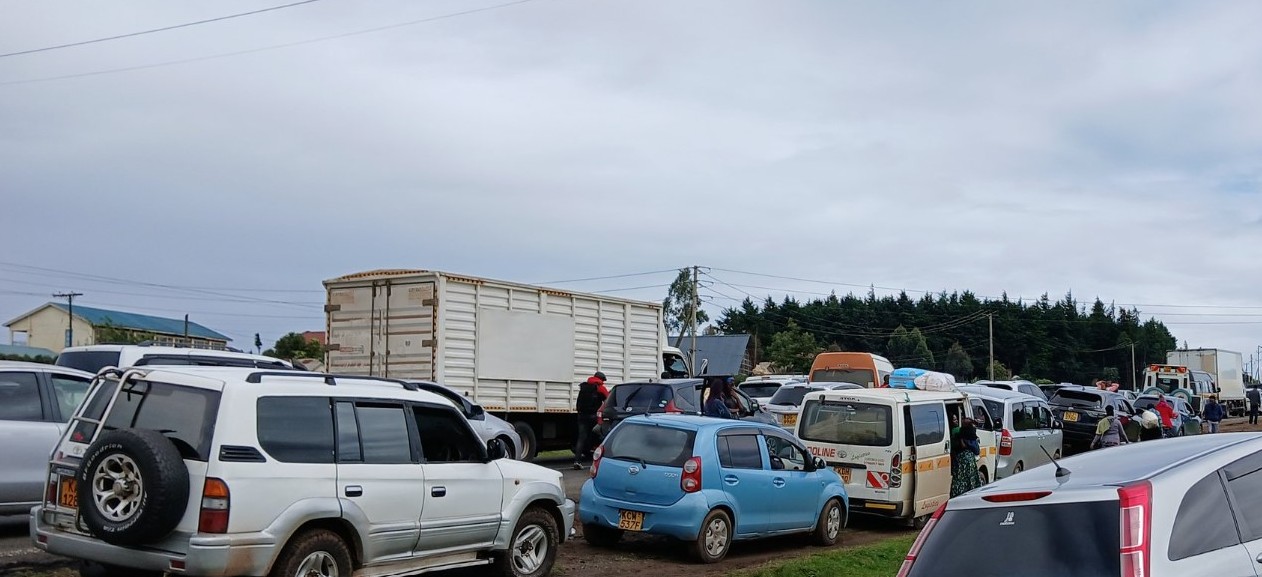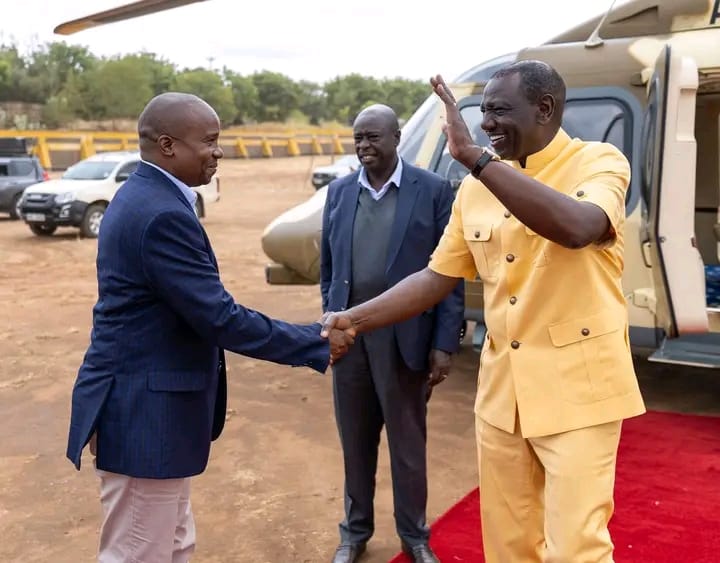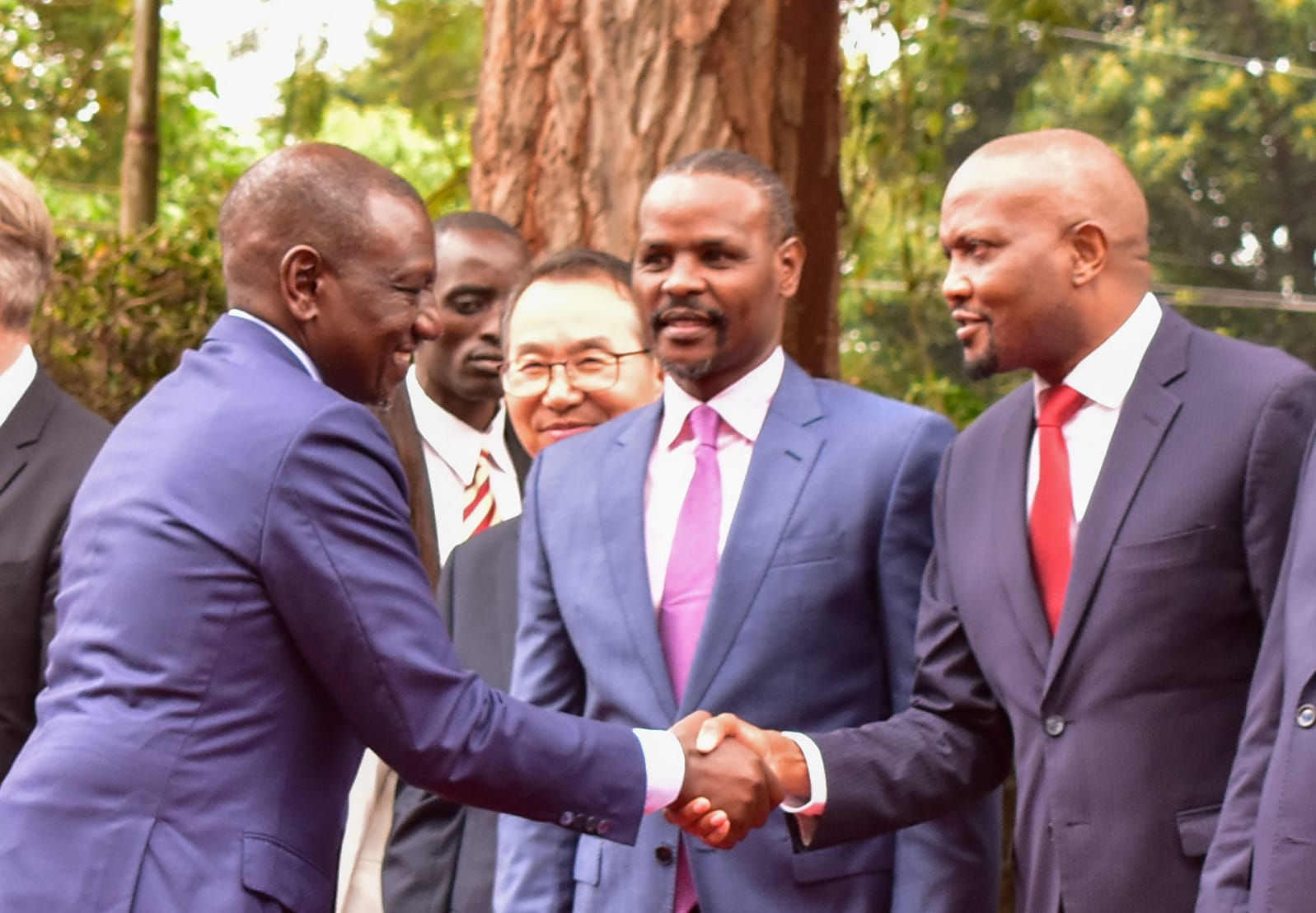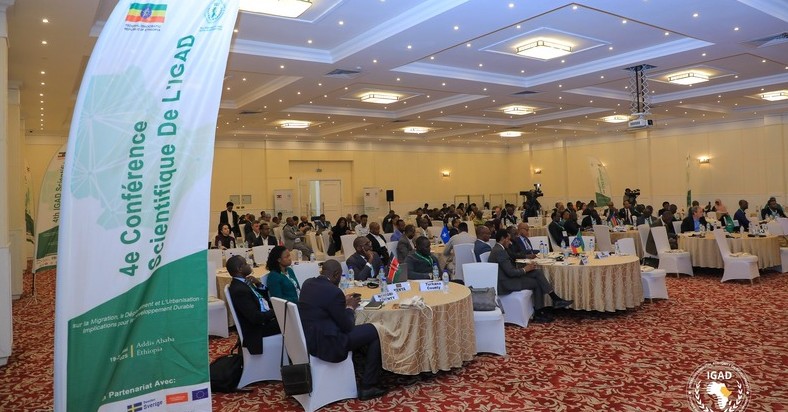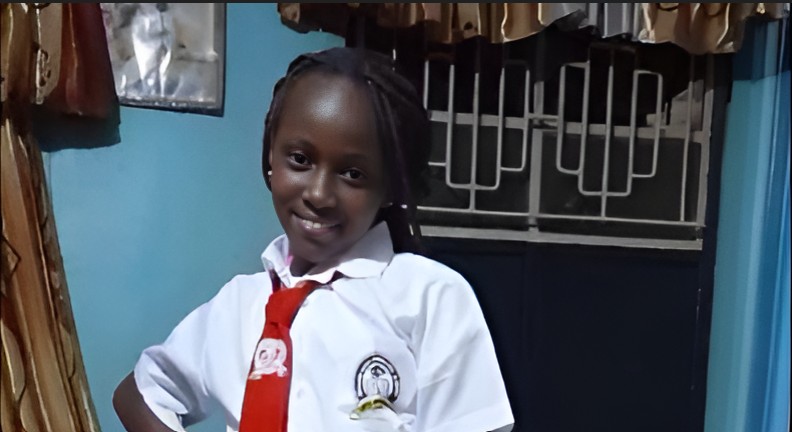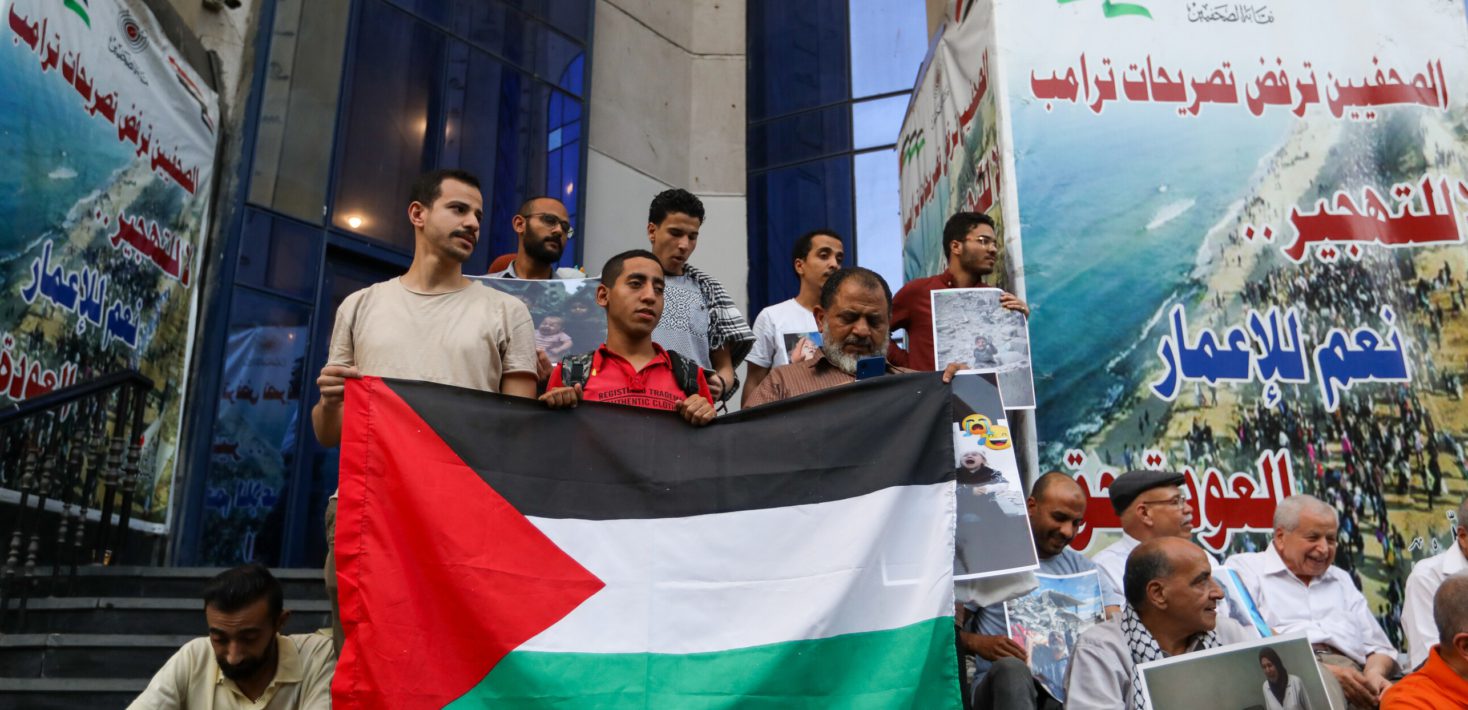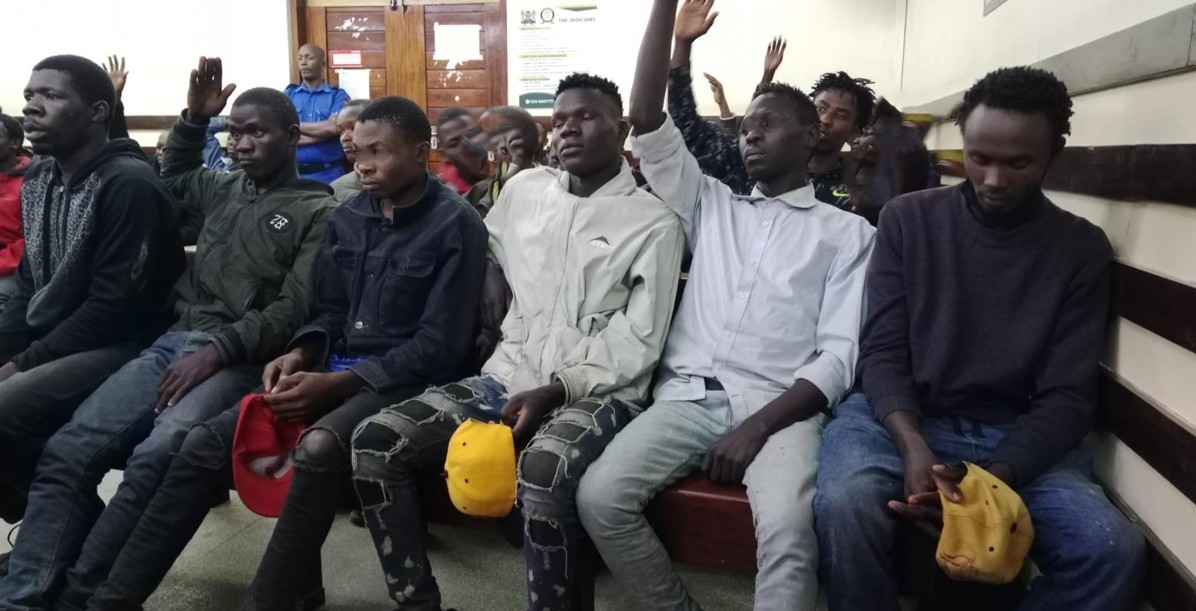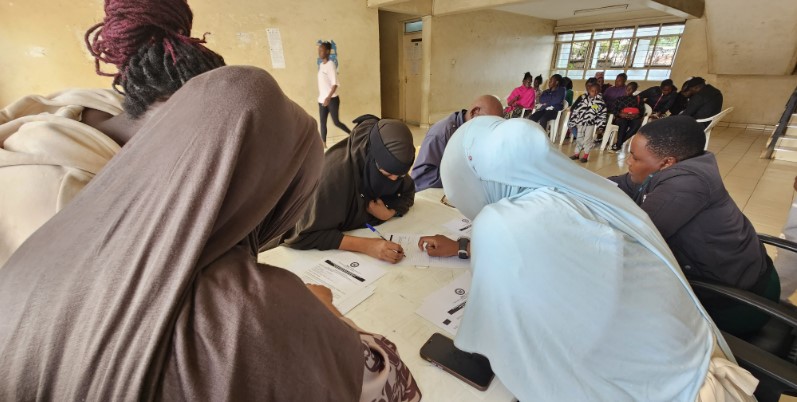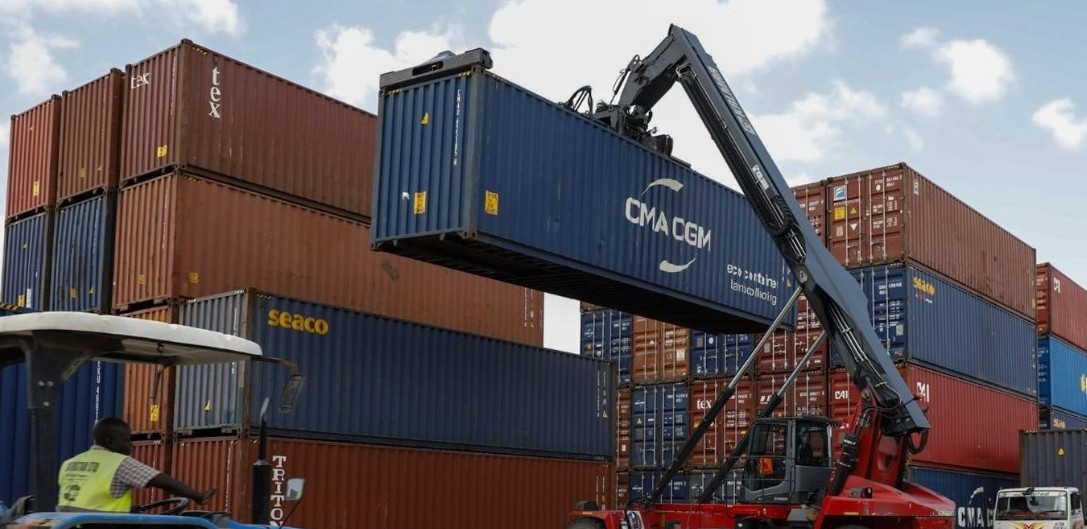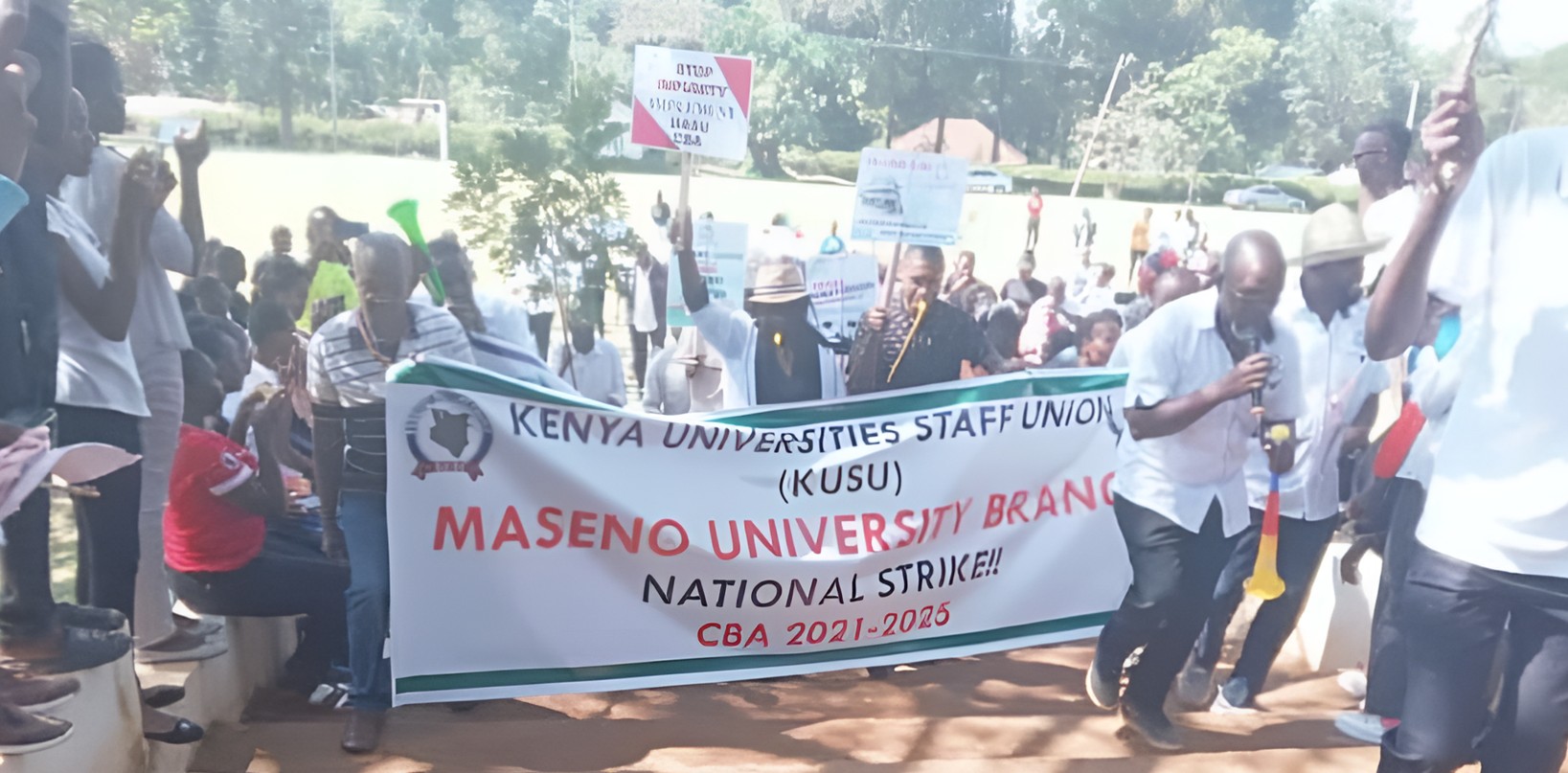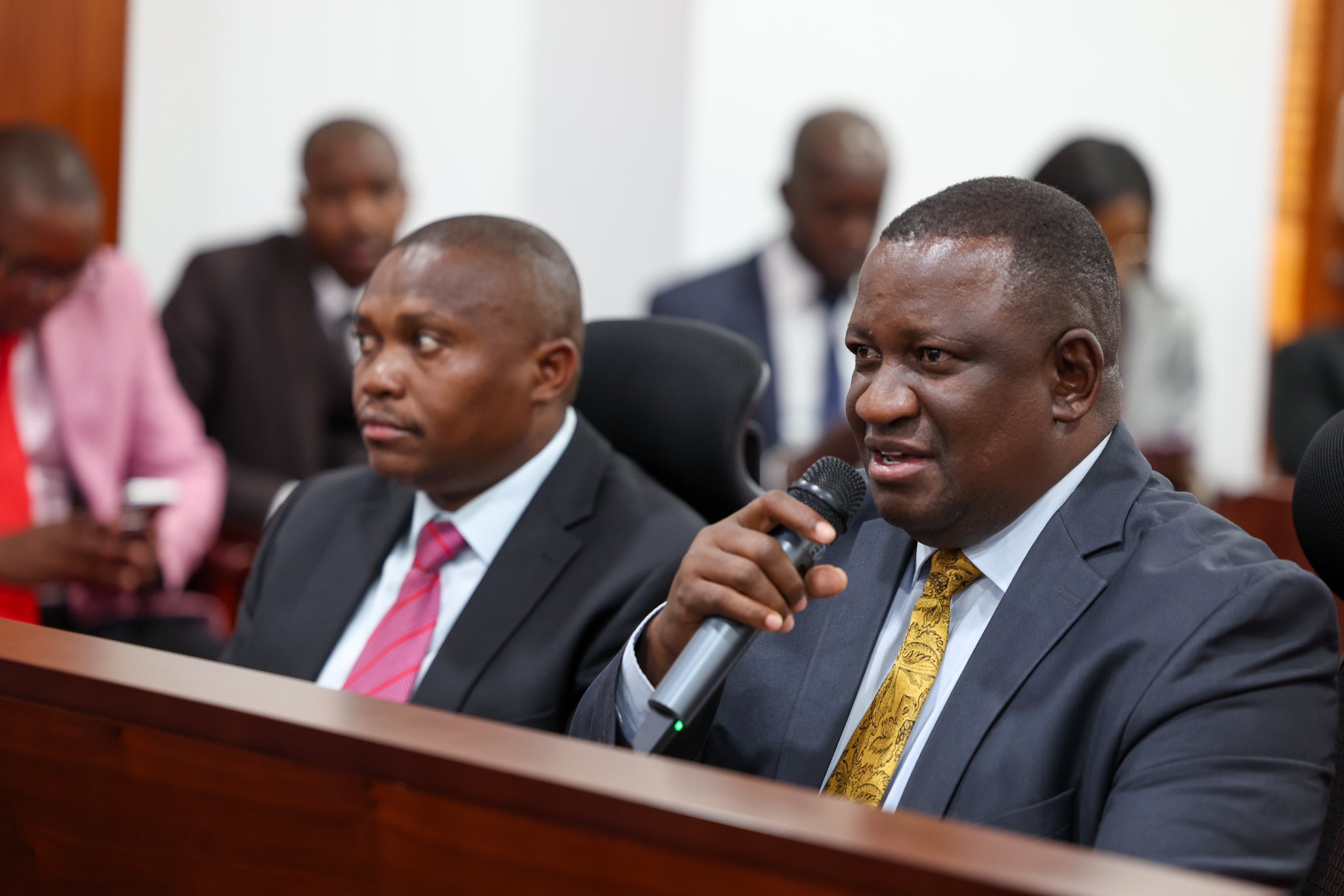South Sudan President Kiir sacks army chief after seven months in office
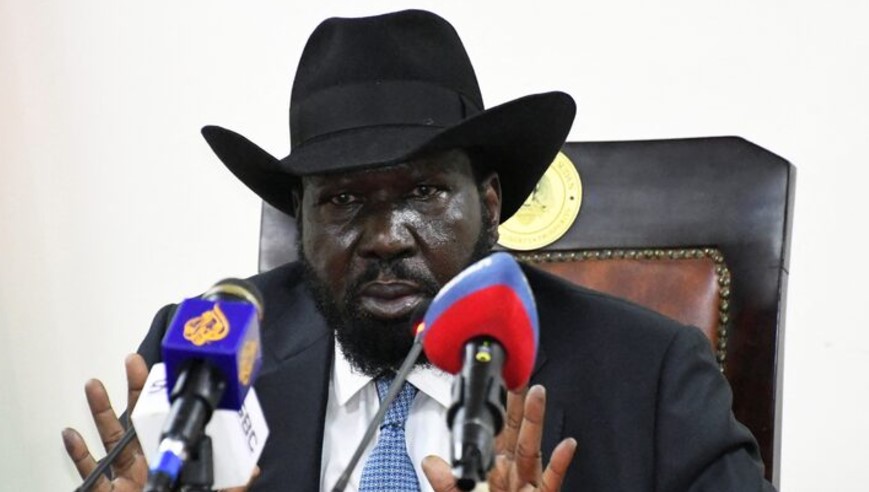
Majok's dismissal comes at a time of heightened unrest, particularly in the country's northeast region, where government forces have been battling the White Army, a Nuer-dominated ethnic militia.
South Sudan President Salva Kiir has sacked the country's army chief, Paul Nang Majok and named General Dau Aturjong as his successor.
The decision, which comes just seven months after Nang assumed the position in December last year, was announced by the country's state media on Monday. No explanation was given for the shake-up.
More To Read
- South Sudan's President Kiir promotes sanctioned ally as ruling party deputy
- South Sudan denies rumours of President Kiir's death, calls for calm
- AU, IGAD step up efforts to revive South Sudan's stalled peace process
- South Sudan says arrested VP Machar tried to stir rebellion, raising war fear
- South Sudan security forces release Peacebuilding minister, vice presidency says
- South Sudan President Salva Kiir drops two Vice Presidents in major cabinet reshuffle
Majok's dismissal comes at a time of heightened unrest, particularly in the country's northeast region, where government forces have been battling the White Army, a Nuer-dominated ethnic militia.
The fighting in Nasir, which broke out in March, was seen as a major security setback and raised concerns of a potential relapse into widespread conflict.
Majok had overseen military operations during the Nasir crisis, and his exit may reflect internal dissatisfaction with the army's response. The government later claimed to have recaptured the strategic town in May.
General Aturjong brings decades of military and political experience to the role. He once fought alongside opposition forces under former Vice President Riek Machar after defecting from the national army in 2014.
However, he rejoined the government following a 2015 peace agreement, brokered by the influential Dinka Council of Elders. President Kiir later reinstated him, and he has since held command over several key divisions, including the army's sixth, eighth and third infantry units.
According to Reuters, South Sudan's military spokesperson Lul Ruai Koang has downplayed the shake-up, saying it's customary not to disclose reasons behind such high-level appointments or dismissals.
"There has been a tradition that when you are appointed, or reassigned, there are no reasons given for getting appointed and there are no reasons given for getting relieved. It is normal," said Lul Ruai Koang, South Sudan army spokesperson.
Although the country formally ended a brutal five-year civil war with the signing of a peace agreement in 2018, violence between rival groups remains common.
The recent clashes involving the White Army have coincided with growing political tension, including the controversial house arrest of Machar earlier this year.
Authorities accused Machar of mobilising supporters to destabilise the government and derail plans for long-awaited elections. His party, SPLM-IO, has rejected the claims, distancing itself from any involvement with the White Army's actions.
Top Stories Today
